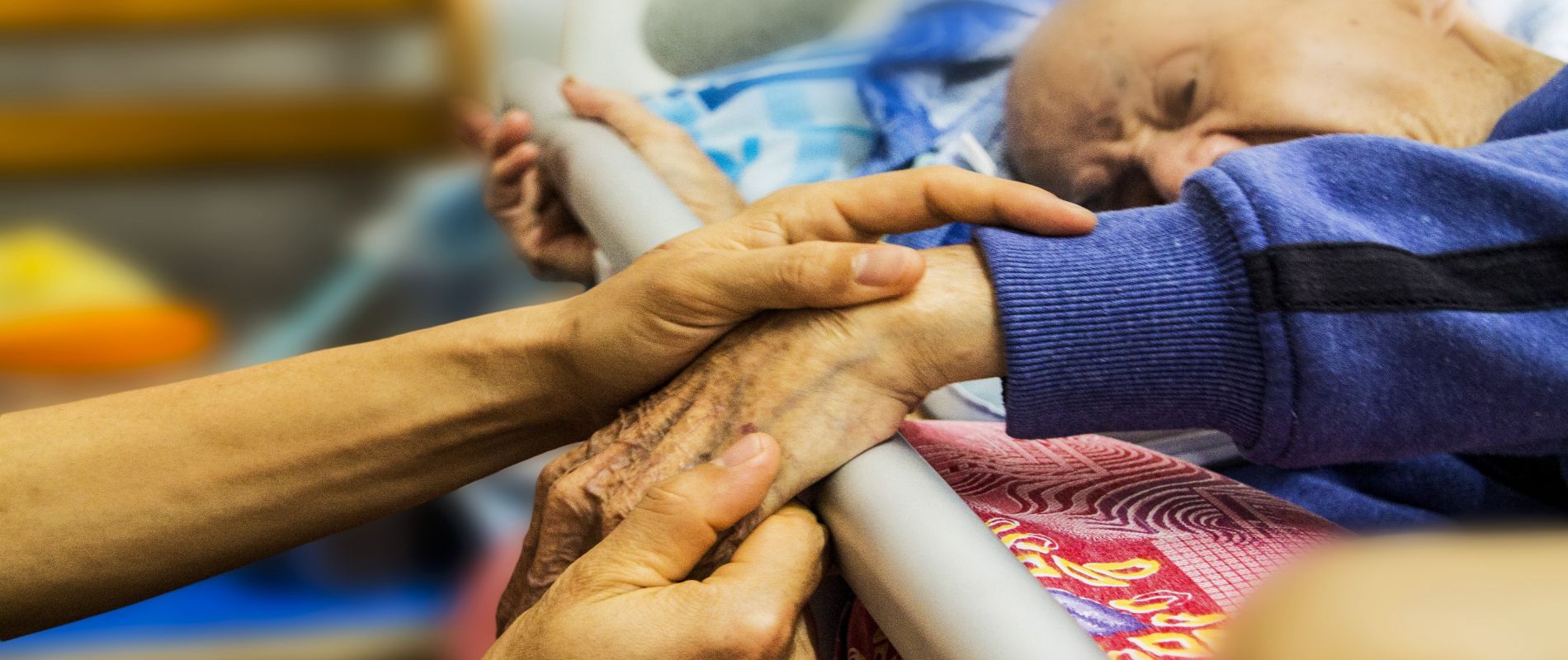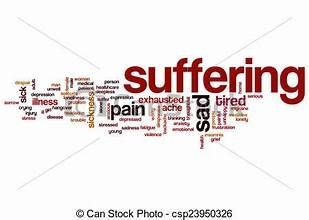It is one of the most powerful forces in the world!

Grace—unmerited favor—is one of the most powerful forces in the world.
It’s a gift that doesn’t have to be earned, only received. And in a world that measures worth by performance, achievements, and results, grace remains an amazing gift from God.
Most of the time, people are rewarded for their achievements, paid for their production, applauded for their accomplishments and penalized for their failures.
Therefore, insult is added to injury when their performance is flawed and the results are bad: a broken marriage, a bankruptcy, a lost job, a failed grade in school, or even shooting a 100+ in a golf game.
Often, when people struggle for no fault of their own or due to a sickness and injury, there is a tendency to resist care because we do not want to admit we have any needs. That could be a sign of weakness.
Grace flourishes when we care.
The perfect environment for grace to flourish is when we practice the essential caring skills of focusing on others, being present, listening and practicing patience. Grace is found in God but is often delivered by caring people.
Grace helps us find forgiveness, and get through the damage we brought on ourselves. Extending grace helps people find emotional and spiritual healing from their wrongs.
I’ll never forget, as a hospice chaplain, visiting a man dying of AIDS. He contracted this horrible illness through drug use and reckless living, yet, it was my sacred honor to help him find forgiveness through God’s grace through Jesus work on the cross. It was through a caring role of Chaplain that I had this opportunity. Similar situations abound for all who care effectively.
I had another opportunity to care and deliver grace in a county jail.
I was visiting a young man who was in prison for a violent crime. He knew what he had done was wrong. He was ashamed, remorseful and determined to never do it again. While he needed to pay his debt to society and the innocent victim, his years in prison would not guarantee that he would never do it again. But as I expressed the unmerited favor of God's grace to him, his countenance began to change. His renewed sense of worth produced the perspective to live up to his new self, in a new way and not perpetuate the wrong. God's grace is the greatest healer of painful failures of all types.
Most of us admit we have shortcomings and failures in our life that we regret. While some are more profound than others, we all need grace. We want to find hope because of the grace we receive and none of us should feel too good to not show grace to another.
Grace gives people dignity and value.
The message of grace is not extended to people because of portfolios, academic awards or professional achievements, or good behavior, but because of who they are. When people know that, they are more confident in dealing with their faults, deepening relationships and facing an uncertain future. Caring for people unconditionally, helps them feel dignity so they can find grace.
Over the years the meaning of many words have changed. For example, charity, originally meant to communicate love. Now it means something very different.
Even the word "grace" still holds meaning.
Saying 'grace' before a meal recognizes a blessing received. The 'grace period' for our mortgage payment gives us undeserved time. 'Grace notes' in a musical composition are extra notes that enhance the melody. When a judge gives 'grace' to an offender, the guilty person receives an unmerited opportunity.
Grace is still amazing—because it meets the deepest needs of the human heart. And every one of us, especially those involved in the ministry of caring, has the profound privilege of passing that grace on.
Your care matters more than you may ever know.
When you show up, listen, offer patience, and focus on others, you become a vessel of grace. And that’s the kind of care that can change the world—one soul at a time.











